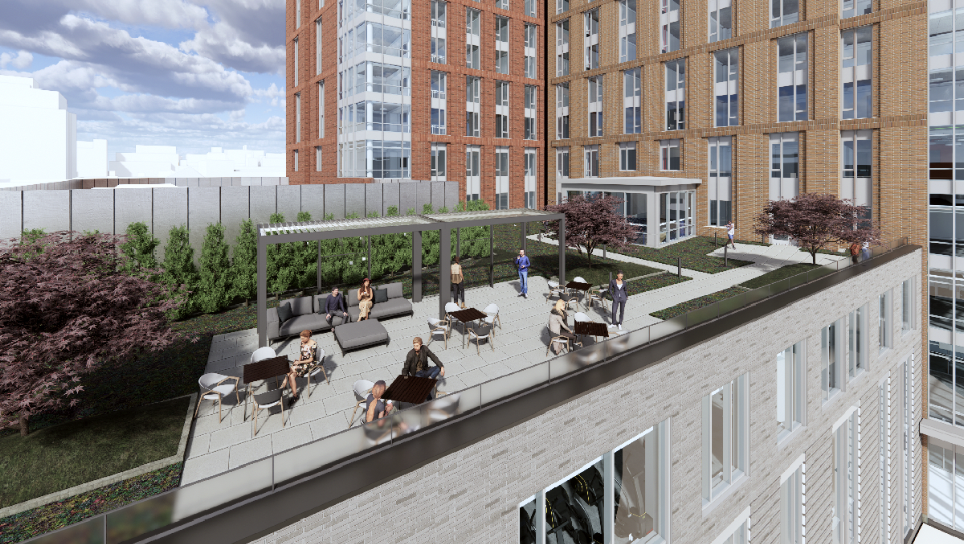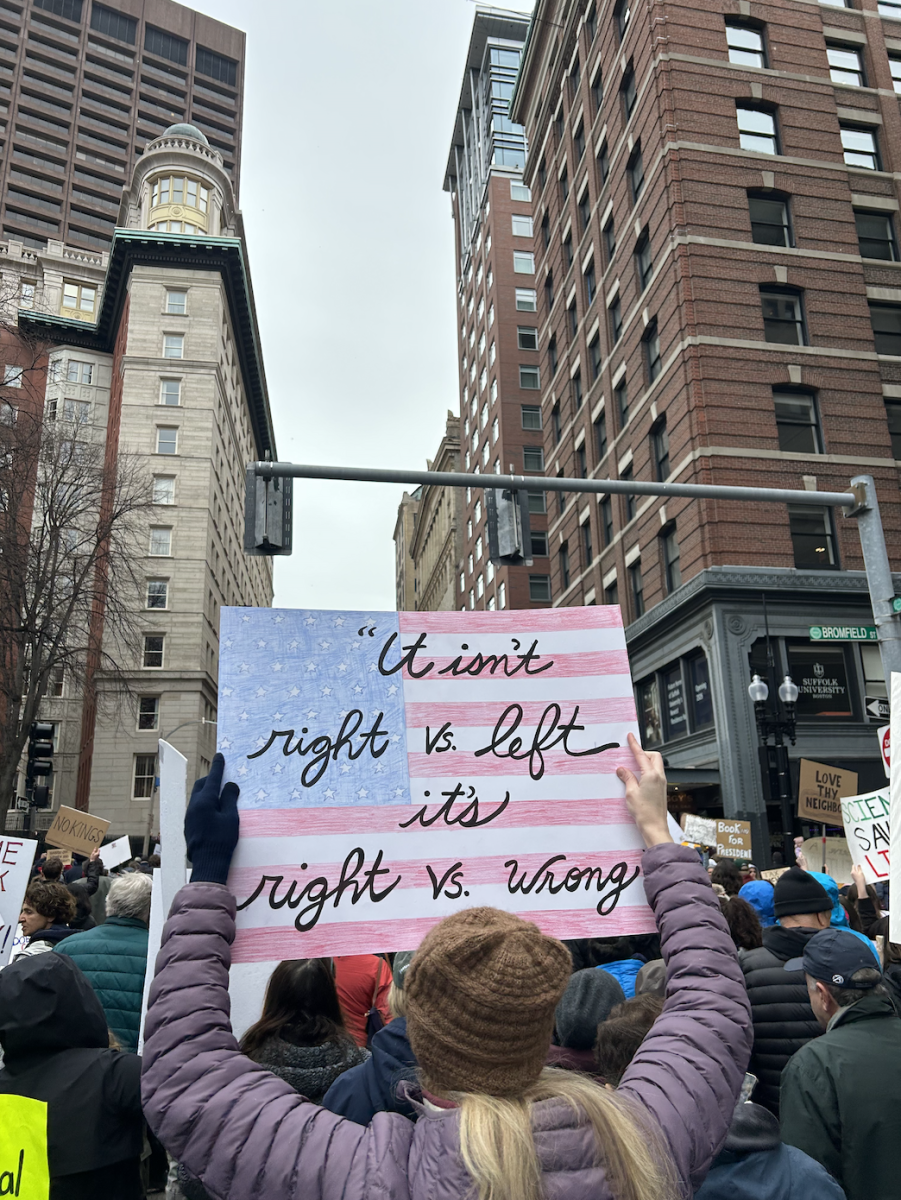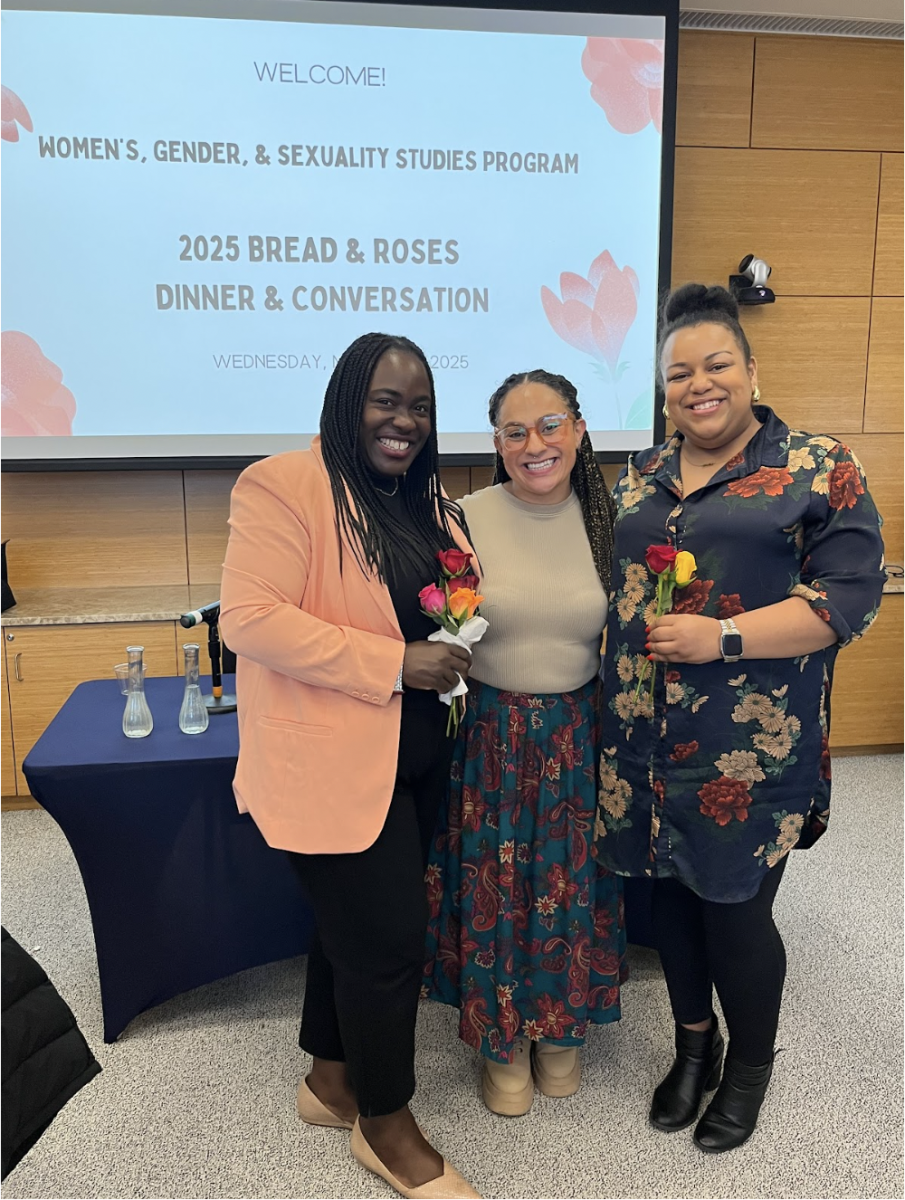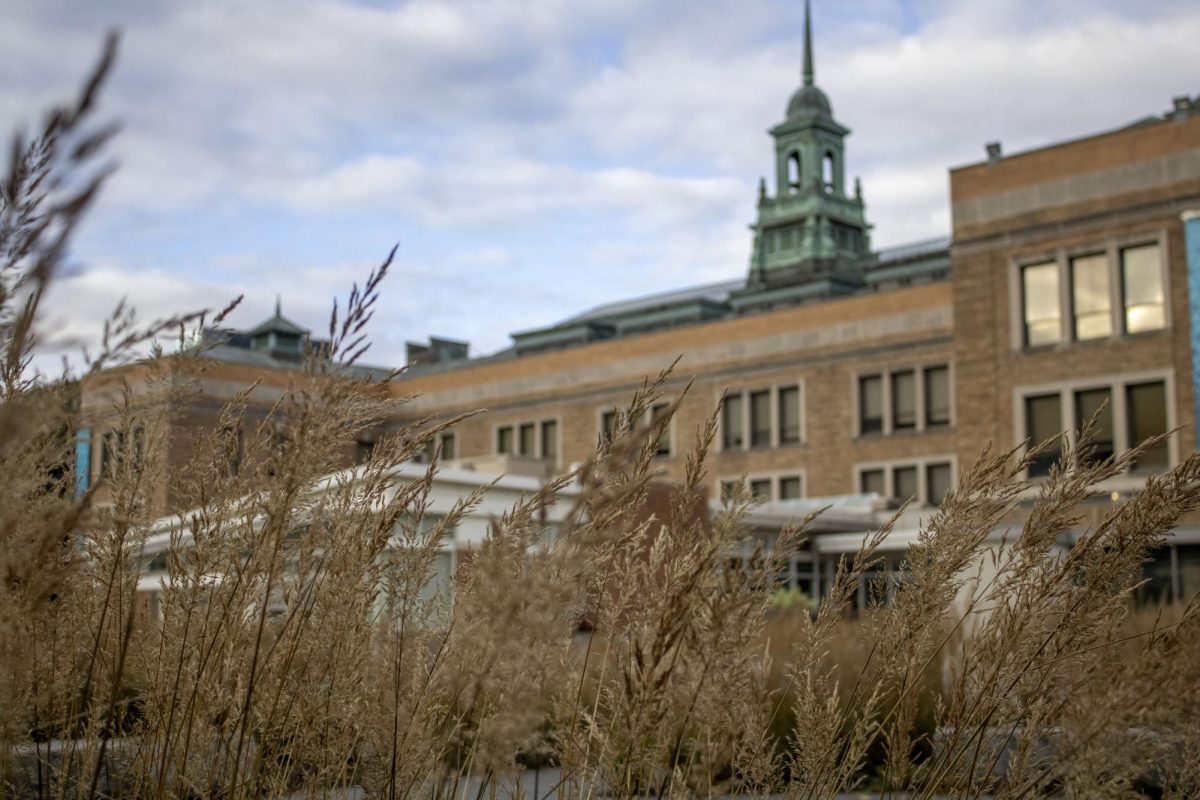By Katie Sittig-Boyd and Nicole Veneto
Staff Writers
In light of the upcoming vote on “An Act Relative to Transgender Anti-Discrimination,” student activists from the Sexuality, Women, and Gender Center (SWAG) gathered on Monday night for a phone-banking event to garner support for the passage of House Bill 1577 and/or Senate Bill 735 in the Massachusetts state legislature.
“Phone banking is important because a lot of what we’re working on with the freedom mass campaign is getting constituents involved and getting them to speak to their legislators,” said junior Oliver Pover, who is a Massachusetts Transgender Political Coalition intern this semester. “We’ve been targeting businesses that are affiliated with these legislators, but the businesses and the constituents are both the two most important things we can get on our side to sway this.”
Massachusetts has historically enacted laws relevant to LGBTQ populations, most notably in its early legalization of same-sex marriage. In 2011, the Massachusetts Transgender Equal Rights Coalition advocated for a bill that would provide transgender and gender non-conforming people with legal protections with respect to credit, housing, employment, and public education.
In spite of this, the bill failed to include protections in public accommodations and spaces open to the public—such as public transportation, public parks, restaurants, and medical offices.
Non-discrimination laws for public spaces have already been passed in 17 states, including California, Illinois, Maine, and Oregon; Washington D.C.; and in more than 200 cities and towns.
Even though conversation around trans identity and trans rights has entered into public consciousness to a greater degree, the reality stands that transgender people disproportionately face oppression, discrimination, and violence throughout society.
According to a 2014 survey, 65 percent of transgender people living in Massachusetts reported experiencing discrimination in an area of public accommodation. Similarly, a study released in 2014 reported that trans people who experience discrimination are significantly likely to experience negative effects including both physical and emotional distress, frustration, sadness, and anger.
Should House Bill 1577 or Senate Bill 735 pass in Massachusetts congress, public non-discrimination laws will be extended to include gender identity. At the time of this writing, this legislation has the majority vote in Massachusetts congress, but not enough to sustain a veto proof majority should Republican governor Charlie Baker reject the bill.
The SWAG event lasted from 6-9 p.m., during which Simmons students called Massachusetts constituents, encouraging them to reach out to legislators and urge them to support the passage of these bills.
This is the final push to raise awareness and support for this act; if it is shelved, Massachusetts congress will not revisit it for another two years.
Whenever a student finished a conversation with one of these constituents, they would ring a small bell to indicate their success.
“There are twelve people calling right now, and I hear a lot of bells ringing,” said SWAG president and senior Shane Giraldo. “There’s a lot of support.”

















